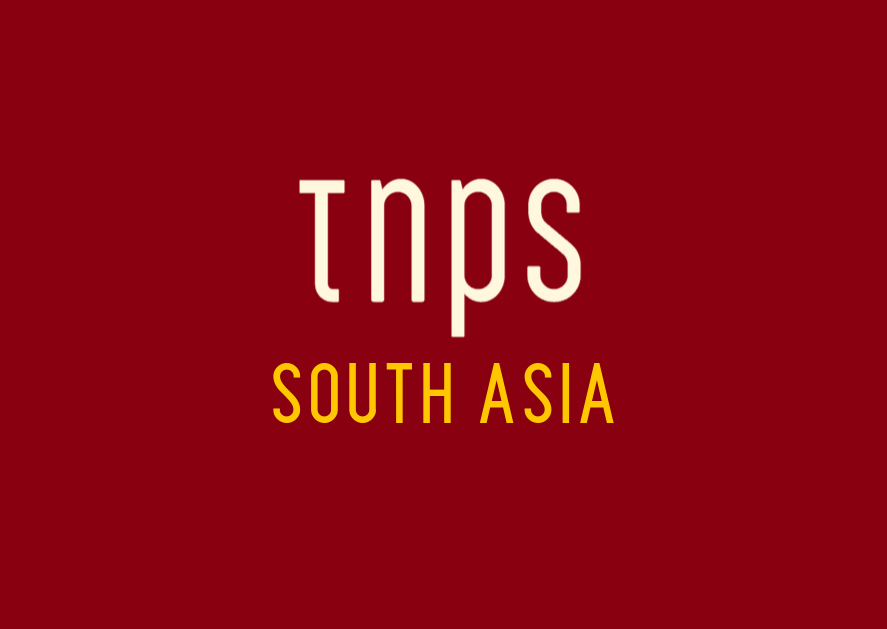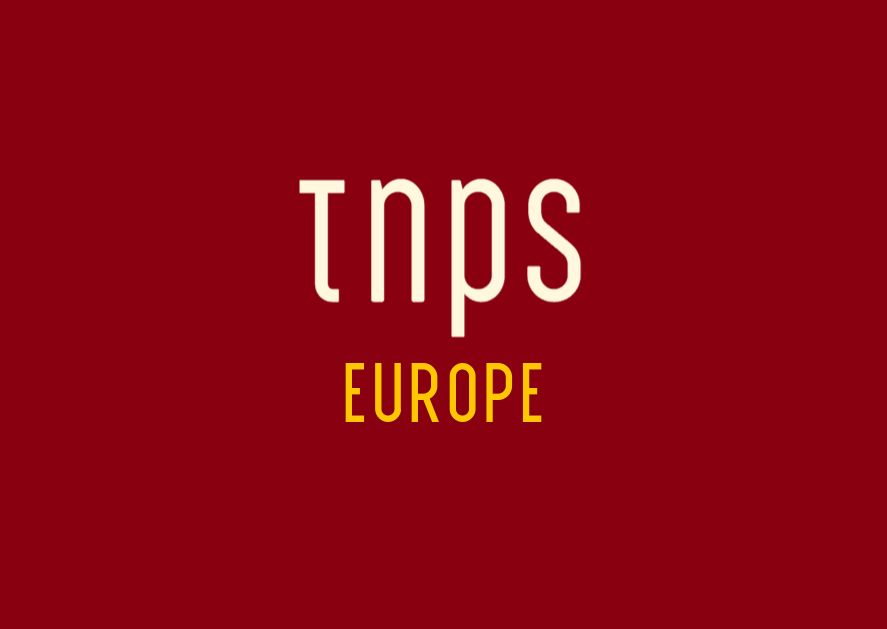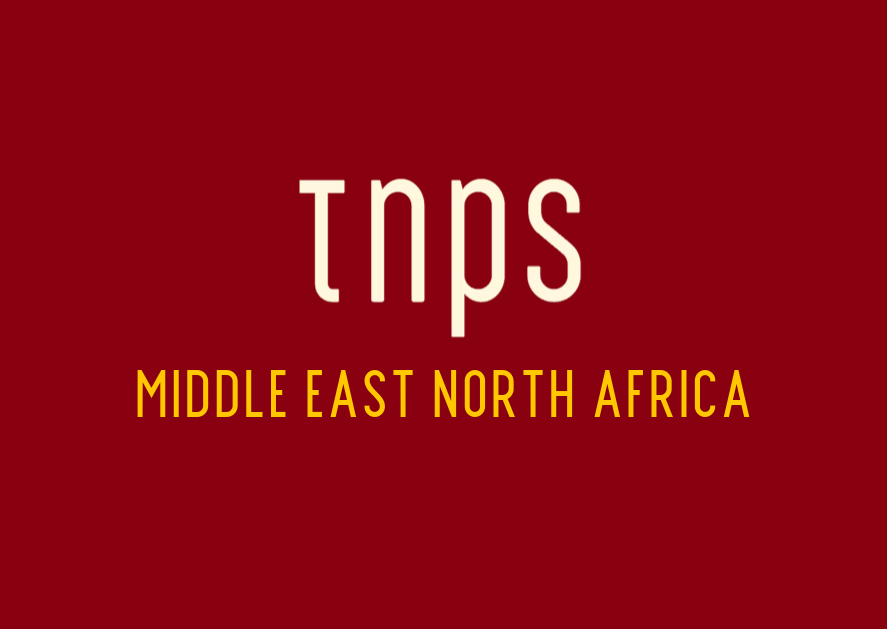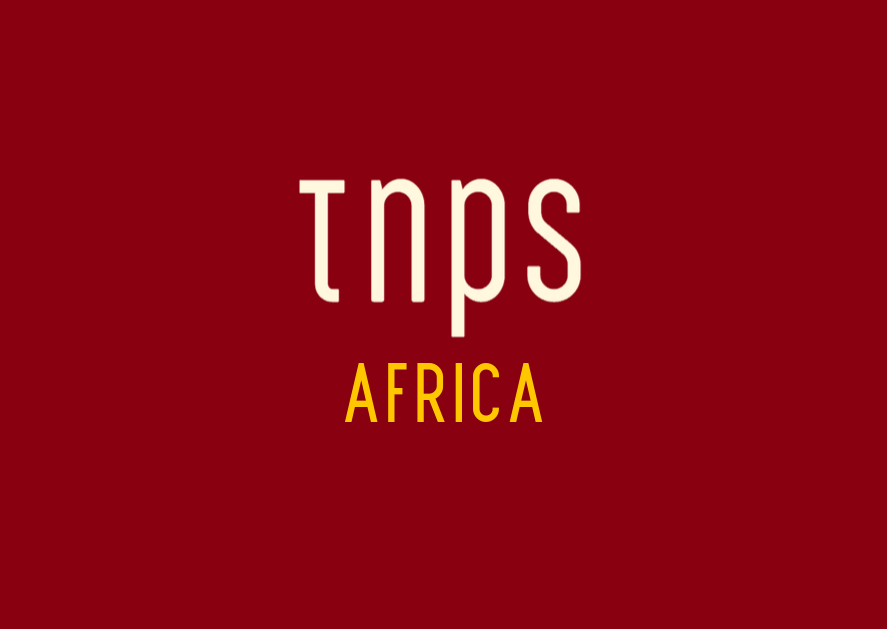The Bangladeshi government needs to “sit down with the publishing industry and provide incentives to bring the trade into the 21st century, bringing with it the best of historic tradition without being buried by it.”
The Bangladesh Publishers and Booksellers Association is asking its government for a BDT 1,000 crore ($118 million) handout to the publishing industry and a further donation of BDT 100 crore ($ 11.8 million) to the families of 26,000 booksellers, and for good measure BDT 500 crore ($59 million) special allocations for enriching selected school and college libraries across the country.
Association President Arif Hossain Choton makes the valid point that,
Our demand is little different from the incentive packages announced by the government in the budget of 2021-2022 to protect the economy of the country from the adverse effects of the coronavirus pandemic.
Choton urged the Prime Minister, to “to save the book publishing industries, which is considered the backbone of the nation”.
Of course publishers around the world have been hit by the Pandemic and its various impacts, but as we enter Pandemic Year 2 the lessons for publishers from Pandemic Y1 are pretty clear.
Put simply, countries that had made serious effort to engage with digital not only had a safety net as pandemic-lockdowns happened but in many cases were able to rise above the worst of the pandemic and emerge stronger for the bitter experience.
Not so Bangladesh, which despite the encouragement from us here at TNPS and despite some forward-thinking among some elements of Bangladeshi publishing, has mostly put up fierce resistance to any notion that the industry might move with the times.
Let me share a few TNPS headlines to illustrate the point.
First from March 2020 as the 2020 Amar Ekushey Boi Mela, the grand annual book festival that lasts the entire month of February and typically sees sales of around $10 million, just scraped in before the pandemic took hold.
At that time Bangladesh had 96 million people online. In 2021 the figure is at least 116 million (start of year) and in fact it’s likely Bangladesh now has more than 120 million people online, which would put it in 7th place in the world, ahead of Japan and ahead of every country in Europe.
But hey, don’t tell the Bangladesh Publishers and Booksellers Association that. The motto there seems to be “See no future, speak no future, hear no future.” Or, “What we’re doing isn’t working very well so let’s keep on doing it the same way.”
Well, we’ve seen that around much of the world, of course, but rarely in a country with such enormous digital potential as Bangladesh.
In August 2020 TNPS ran a post exploring the alternative reality digital offered as the Pandemic hit the country.
By December 2020, as the 2021 Boi Mela loomed large, there were efforts by the Bangla Academy to pivot the annual book fair to digital, but publishers were having none of it.
A virtual book fair can never be an alternative to our historic tradition.
Yeah, who cares about the future of the industry and those who work in it, and the needs of consumers, when “historic tradition” is at stake.
As TNPS noted at that time:
(This) is to totally misunderstand the advantages digital can bring to publishers, and to condemn Bangladeshi consumers, and international consumers eager to enjoy Bangladeshi content, to another decade of limited choice in reading and format.
By late January the Boi Mela had been pushed back until March, but remarkable a senior government minister who ought to have known better joined in the fray arguing against any embrace of digital.
As the Boi Mela kicked off in March and rolled into April it was clear the event, with no effort to offer a digital element, was in trouble.
And it got worse from there.
The final TNPS report on the plight of the Boi Mela:
Amid the sorrowful tails were examples of publishers that had pivoted to digital and were doing better, even doing well.
But for the majority of Bangladesh’s publishers, who put their faith in the leadership of the Bangladesh Publishers and Booksellers Association, it was a disaster, the true scale of which is evidenced by the latest pleas for handouts from the self-same organisation.
Short term we can only hope the government will find the money to at least alleviate the worst of the crisis.
But the government – and the Bangla Academy – would miss an opportunity, as the Bangladesh Publishers and Booksellers Association has already done, if it were to ignore this chance to sit down with the publishing industry and make provisions and provide incentives to bring the trade into the 21st century, bringing with it the best of historic tradition without being buried by it.





